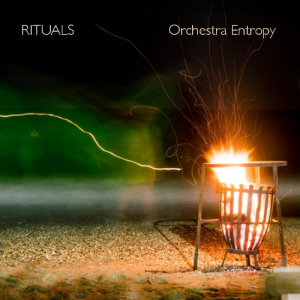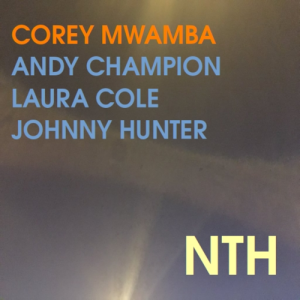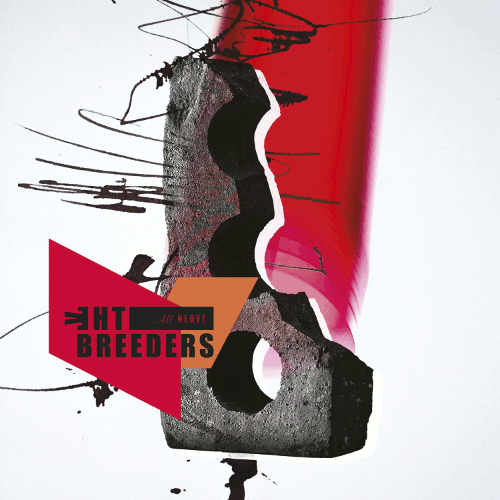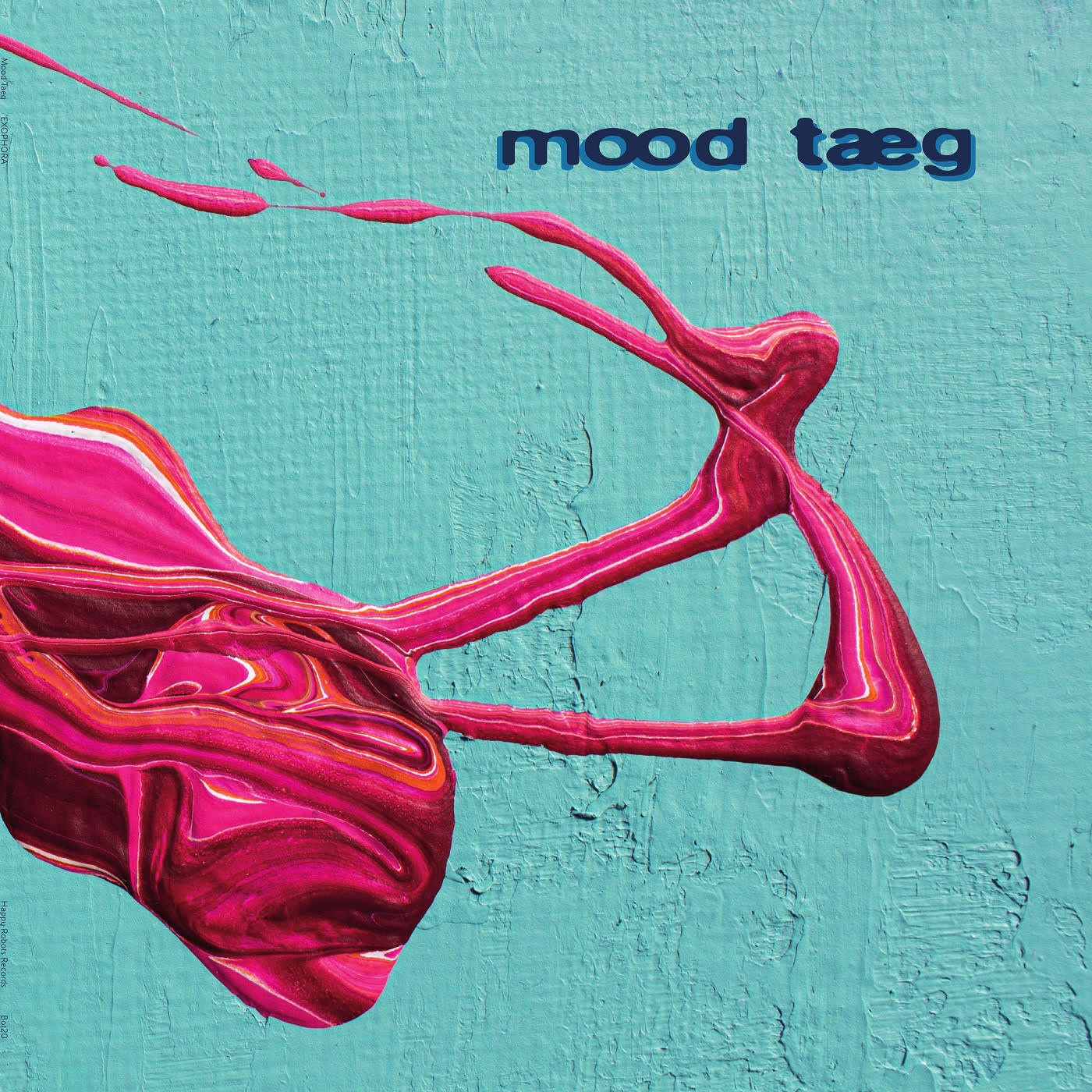 The two latest releases from Martin Archer‘s wonderful Discus label ply very different takes on the fluttering world of modern jazz.
The two latest releases from Martin Archer‘s wonderful Discus label ply very different takes on the fluttering world of modern jazz.
The opening section comes across as a woodland game of hide and seek, the players chasing one another, highlighting what each has to offer and what the different instruments can draw from the others. The bass, guitar and drums scatter random patterns of falling leaves in part two, but the sharp tone of the guitar against the almost translucent texture of the bass is a rather lovely sensation, the spacey textures bringing the two together, whereas the growling and wailing horns of part four collide with the scattered percussion. The bass hijacks this section and brings drama juxtaposed with a subtlety in the quieter passages. The violins are honey sweet in part five, but they have a sense of the siren about them too. Something is just a little off, a meander that is slightly confusing to the listener and tries to draw them into unfamiliar spaces, spaces that almost crowd the players into generating noise before the track is taken away from them.
The clarinet is rude and pressing in part six, harrying the trombone as the percussion tries to keep the peace, and the dark woodland vibe is continued as the flute takes over in part seven. Here, it is sweet yet risky, again a draw to the listener but one that holds a certain danger. The juxtaposition between silence and sound is like a switchback here and the gentle sections swoop like owls chasing mice through the forest. The percussion on this album is sublime, providing exactly what is required and when, but stepping up and pushing to the forefront when a little momentum is needed. Part eight finds the drummer adding lovely textures, skittering and skipping with the dancing saxophone which is caught in the wind, surfing and sailing. The final section almost grinds to a halt with the lightness that has gone before being reduced to a shuffling unfolding, like a slow moving pan around a landscape now bereft of the thrills that were present just a few moments before, and is perhaps the perfect way to see the piece out. In contrast to the loose, interpretive nature of Rituals, Corey Mwamba‘s NTH is a much more rhythmically minded beast. The beautifully rhythmic drumming of Johnny Hunter allows Corey’s searching vibes and the playful piano of Laura Cole full rein in chasing and tagging one another. To me the vibes always sound as though they are the precursor to something mysterious and unknown; a sense of expectation is always present in that soulful ring and it is never more so than here.“Never A State” finds the double bass of Andy Champion slowing things down, moving like a sleepy river with so much space that when the sounds appear, exploding like bubbles on the surface, there is a soothing quality that Laura’s waterfall piano continues on “Sub(taste)”. It is a joy that takes it form almost post-rock territory and dips into ’60s jazz, with shades of Bill Evans. “Orison” is more sparse; a shake of bells, a hint of the vibes, it is like searching for raindrops after the sun has come out and started to dry the leaves. Here and there patches can still be seen, waiting for the sun to uncover them, and through it all, the bass retains an irregular heartbeat.
The album mainly moves at a languid pace, but the quartet can really play high-velocity jazz if they wish to and “Situations” is perfect. In fact, the bass and drums move at such a pace they seem to leave the piano trailing in their wake as it ascends and descends, striving to keep up and eventually losing its way. How it evolves into a West Coast workout is a mystery, but the following two pieces descend into mellow melancholy, slow and sweet yet slightly wistful. They don’t like things to carry on for too long at a particular pace, so long penultimate track “Over Leagues” is vibes and drums jazz craziness. The drums are pushing the vibes, urging them to follow their pattern, but it doesn’t work — so they try with the piano instead, but the tag-team playing of the drunken, heel-dragging piano and the vibes seems to confuse the drums, and they eventually fold, allowing the others to set the meandering pace. The quartet really knows how to play to one another’s strengths and on final track “Vertumnal” the bass and piano circle like wary cats sizing each other up as the vibes try to intercede or just set something off. In this way, all the gaps that might appear in the sound are filled up, subtle drops squeezed into spaces, new directions taken, but without leaving the other players too far behind. It moves in lovely waves and is a joy to hear unfurl.Once again, Discus have discovered more fresh angles for jazz and long may that continue.
-Mr Olivetti-




